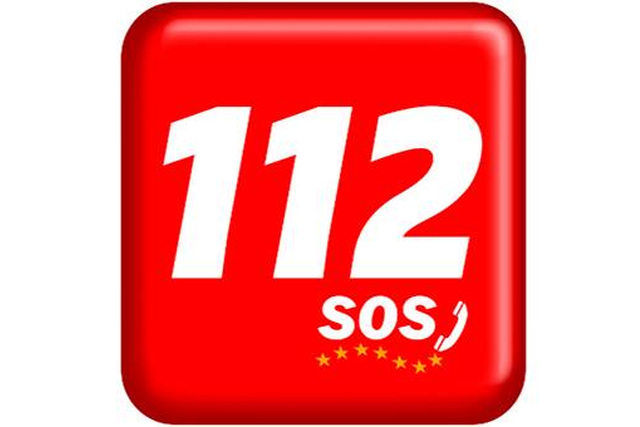It’s been 15 years since the 112
emergency number was implemented in the European Union for all citizens to dial
it in case of emergency. In Romania, last year alone, operators received over
12 million calls, half a million less than in 2017, a survey issued by the
Special Telecommunications Service shows. Almost half of the calls turned out
to be emergencies and were referred to the Ambulance service, Police and the
Inspectorate for Emergency Situations ISU-SMURD. The Director of the Integrated
Municipal Centre for Emergency Situations, colonel Florian Feticu, has said the
number of calls which do not signal emergencies has decreased by half and this
shows that Romania’s population has understood what the main aim of this
service is.
However, some 55% of the total number of calls to the single
emergency number in 2018 were non-emergency calls. There have been cases of
people who dialled 112 to complain about not being allowed to return products
to shops, about street lighting being on, stating their wish to recharge their
phone cards or requesting information about the train timetable or the time of
the day. There is a uniform distribution of such calls all across Romania. With only 45% of non-emergency calls, the capital city is better
positioned than the rest of the country, from this standpoint, although the
record breaking holder is a Bucharester who dialled the emergency number over
21,000 times within 10 months alone. The daily average of non-emergency calls
stands at 18,000.
Pocketdialing situations account for two thirds of the total
number of calls. These are involuntary calls, made by people who either dial 112
by mistake or they forget to block their phone and consequently dial 112
unintentionally. Unintentional calls to 112 render the processing of real
emergency calls difficult. According to current procedures in such situations,
operators must listen to a call they have taken over for at least 15-20
seconds, even if they don’t hear a sound from the caller, and then they should
dial the caller’s number twice. The authorities draw attention to the fact that
time and resources are wasted with such unintentional calls, which could have
been vital in other cases, going as far as making the difference between life
and death.
Of the justified calls, which signal the need for an emergency
intervention, most cases have been referred to the Ambulance Service – 58%,
Police – 22% and ISU-SMURD – 16%. The biggest challenge by far for the three
main services requested to intervene in emergency situations was the
devastating fire which ripped through the Colectiv nightclub in Bucharest,
during a rock concert, in the autumn of 2015. The authorities activated the red
intervention plan back then. The tragic death toll- – 64 people dead, mostly
youngsters – has revealed not only corruption in the administration, which
allowed for the functioning of the club in improper conditions, but also serious
deficiencies in the healthcare system in Romania.
